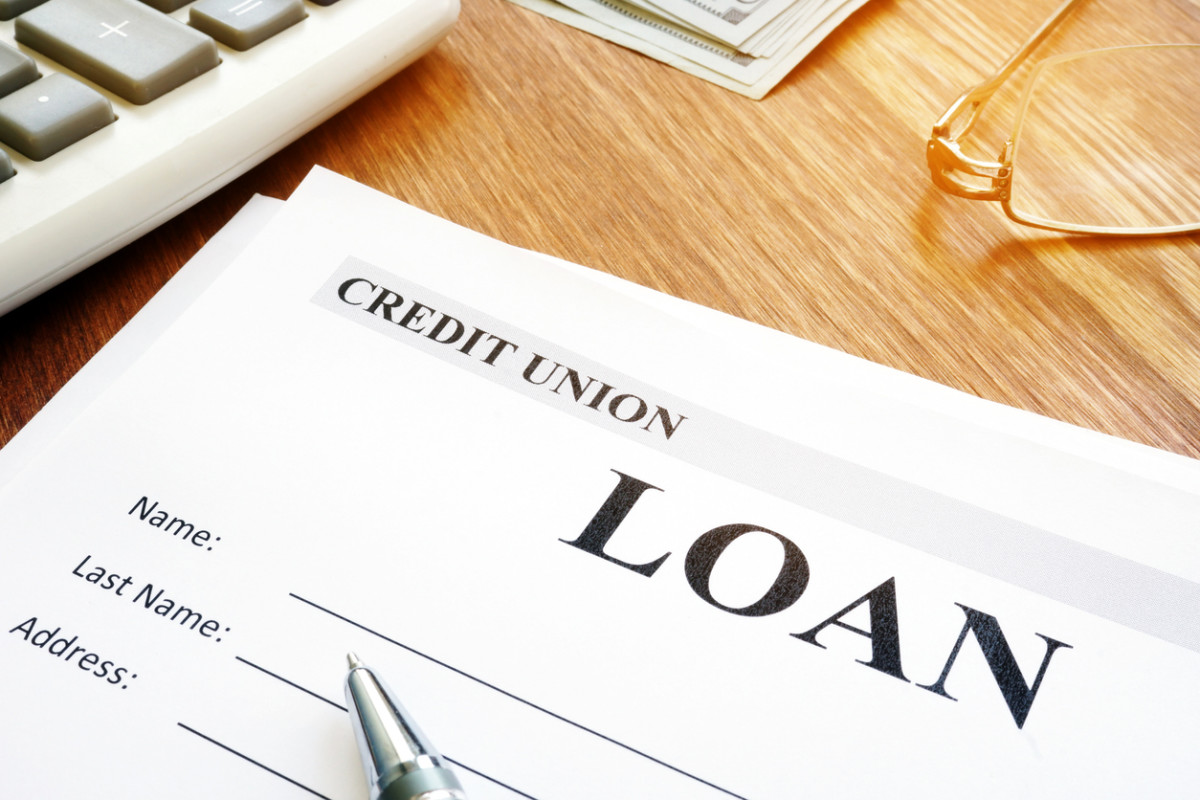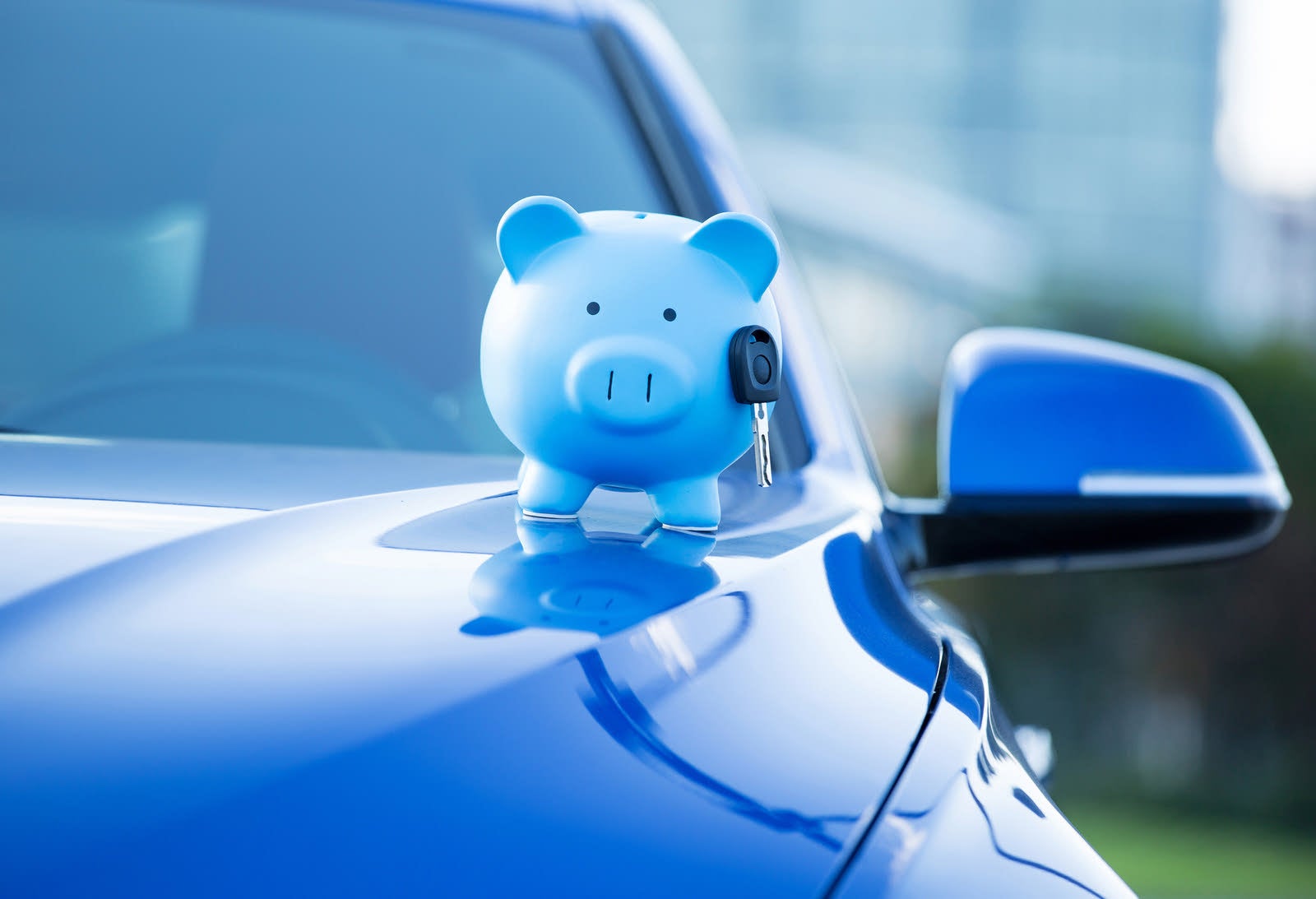With prices always on the rise, one of the first questions many shoppers may ask is, “Should I buy or my next new car?” While at first glance leasing’s relatively low monthly payments can certainly be budget-friendly and more affordable than buying, it’s important to consider your long-term car-ownership plans, too.

Understand the Basics of Leasing
As cars have gotten more expensive, leasing has grown in popularity, because it allows people to get a vehicle that meets their needs and wants at a price that meets their budget. Lessees can swap for a new car every few years, don’t have to worry about out-of-warranty maintenance costs or owing more than a car is worth at trade-in time, and can typically enjoy lower down payments than those who opt to buy.
However, the best lease deals are reserved for those with above-average credit who drive less than 10-12,000 miles per year; higher-mileage leases are available, but they come with higher monthly payments and often larger down payments. Also noteworthy, lessees build no equity in the vehicle and may be penalized for excess miles, wear and tear, or ending a lease before the agreed-upon term has expired. For example, if a vehicle were leased for 24 months and 20,000 miles, but was ultimately returned in 18 months with 30,000 miles and several scratches and dings, the lessee would be on the hook for what may amount to thousands of dollars in extra charges. The lesson? Take good care of your leased car, and stick to the terms of your lease agreement.

Know the Benefits of Buying
As opposed to leasing, buying a vehicle is best for those who drive more than 10-12,000 miles per year and use their vehicle in a way that might cause wear and tear. This could range from stained seats and carpets in a minivan to curbed alloy wheels on a sports car or a dented tailgate on a pickup truck. If you plan to keep your vehicle for the long term, you may view those as nothing more than marks of character; if you lease, they’re dollar signs. That same mentality makes buying the preferred route for shoppers who prefer to personalize or customize their ride, as returning a leased vehicle with aftermarket wheels or a massive subwoofer mounted in the trunk is generally frowned upon (as well as being a wasted investment).
Most often, money is the biggest obstacle to buying a car, as monthly and down payments are generally higher than they would be for a lease. And, by driving more miles and keeping the vehicle longer, drivers have a greater risk of running into maintenance expenses (tires, brakes, etc.) and costly repairs after the new-car warranty has expired. However, with proper care, you can build equity in a vehicle you own, rather than lease, and you stand to recoup some of the vehicle’s value when it’s time to sell or trade (and without facing an early-termination fee). Better yet, once you own the car outright, you can bask in the glow that is life without a car payment.
The Bottom Line
Leasing and buying each offer benefits, but consider your lifestyle and driving habits before deciding which is the best option for you. If you’re a careful driver who covers only a few thousand miles per year, consider leasing. If you plan to own your car for a long time, buying may be the better choice.



